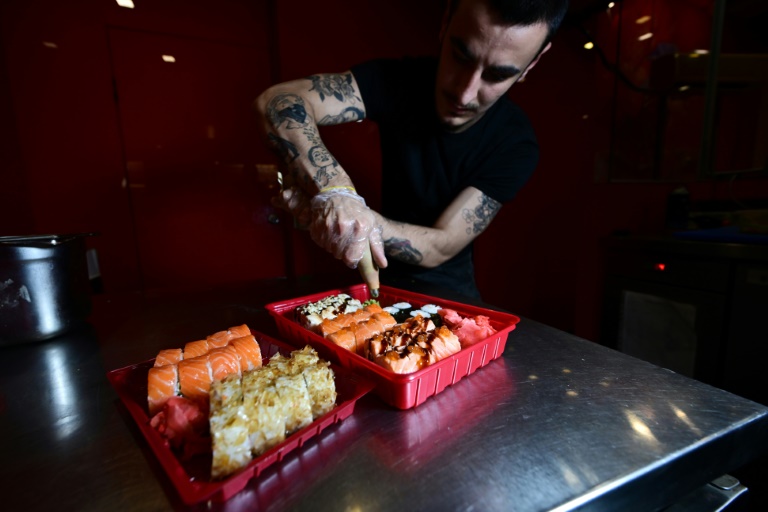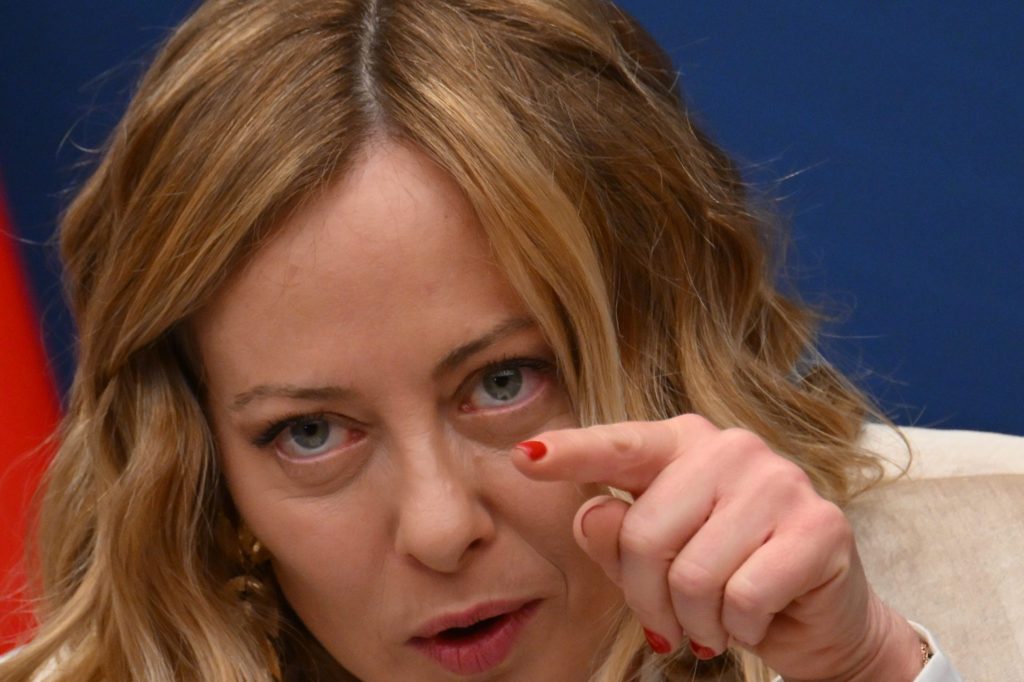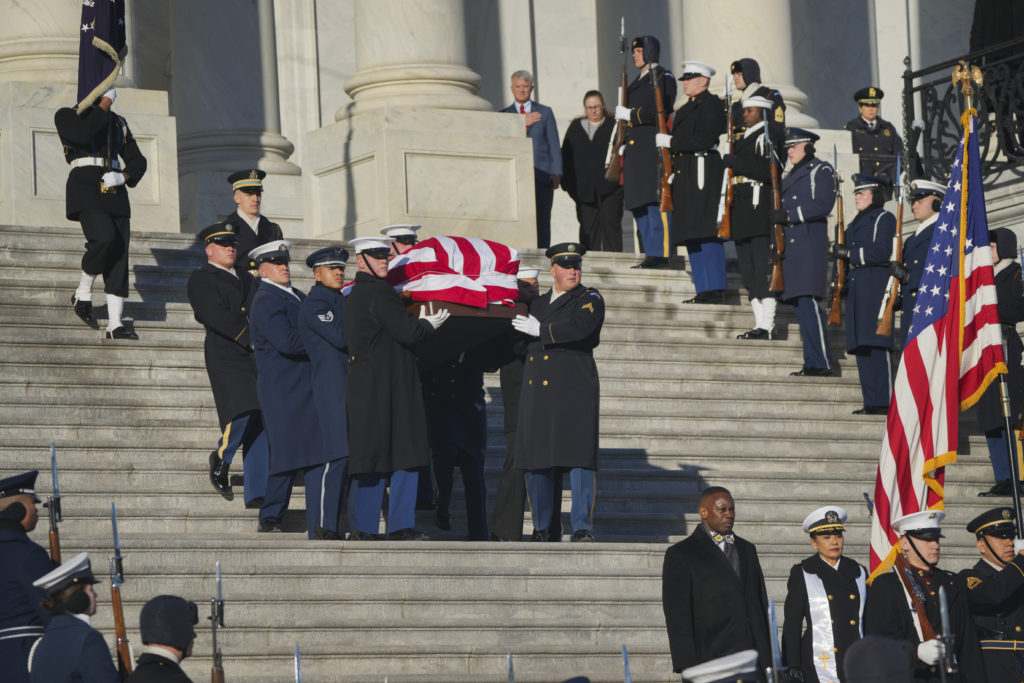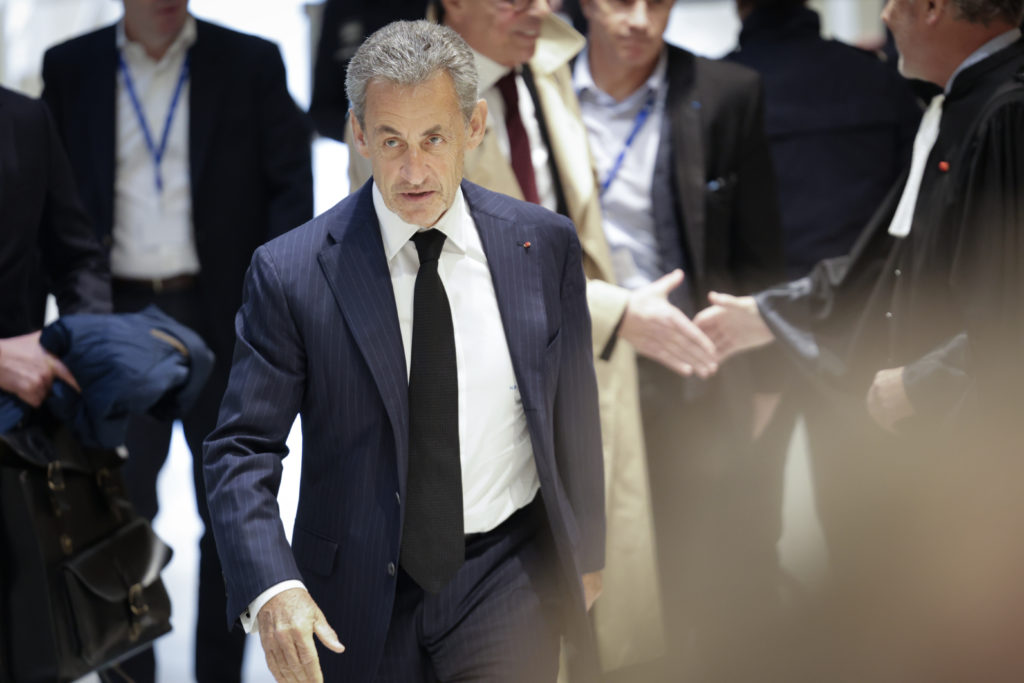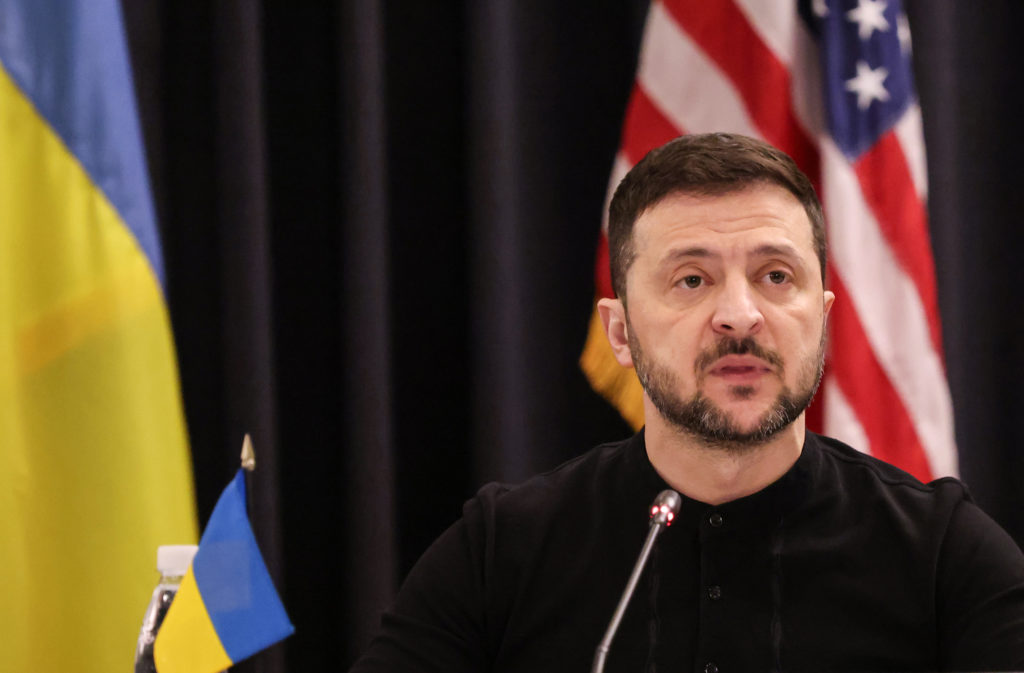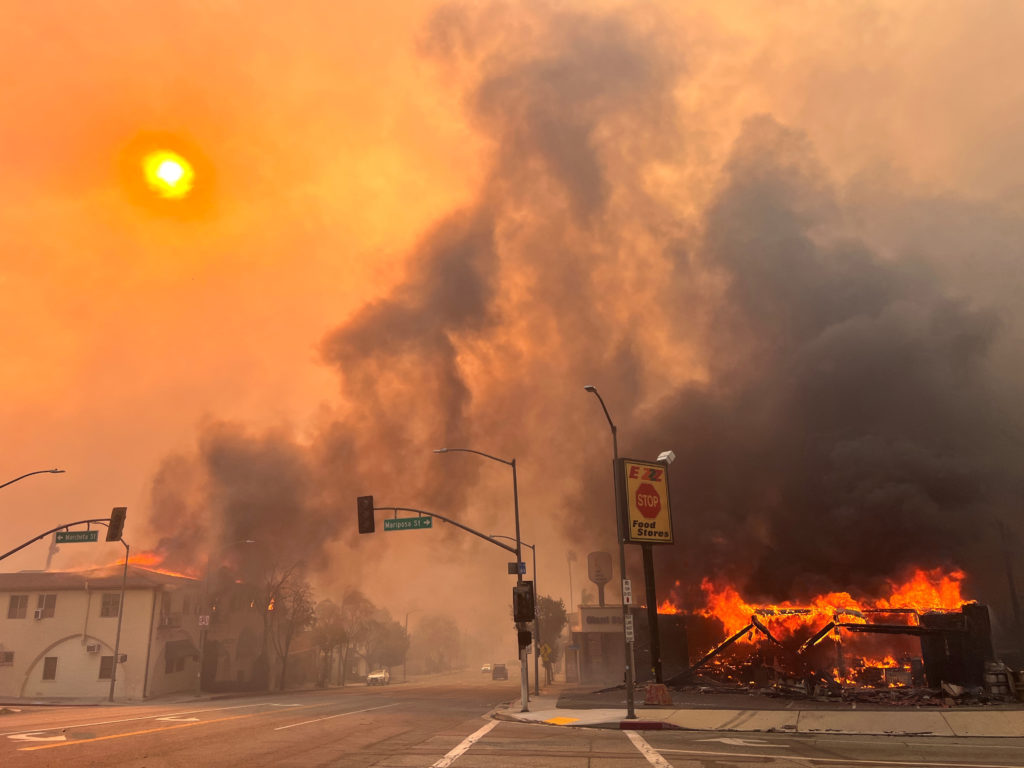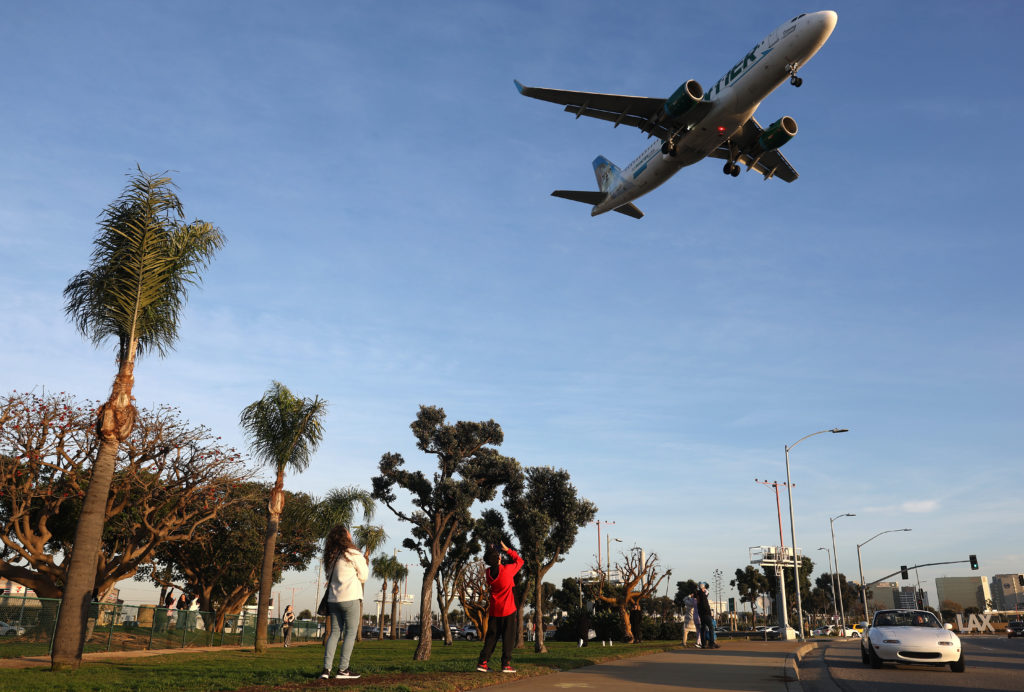Working in a sushi restaurant in eastern Ukraine, Igor Besukh turns up the music to drown out the sound of air raid sirens as he prepares the next order.
But the music could not mask the deafening sound of a missile that struck central Kramatorsk on Friday, landing in the city’s Peace Square near the town hall, culture centre and the sushi bar where Besukh works.
The restaurant is one of the few still open in the city, only some 20 kilometres (12 miles) from the frontline with Russian troops, in the industrial Donbas region that Russia is attempting to conquer.
When they heard the blast, the employees of “Woka”, a restaurant with red lacquered walls and Asian designs, quickly moved to a shelter.
They re-emerged 20 minutes later to examine the damage. All the windows and doors were broken despite being boarded up with plywood panels.
They cleaned up the debris and continued preparing the orders waiting to be delivered.
There were no casualties following the strike that hit at around 8:00 pm but the impact shattered the windows of several buildings nearby.
“It was a loud noise. We didn’t expect it, of course. I was scared,” says the 23-year-old chef with tattoo-covered arms.
Coming back to work the next day was not easy, he admits, however “war is war, but lunch must be served on time,” he says, quoting a popular saying with a smile.
– Open throughout war –
Besukh has worked at the restaurant for several years. Now its main customers are soldiers stationed in Kramatorsk or those returning from the front.
The city, with a pre-war population of around 150,000, now lives under the constant threat of shelling.
A strike on a hotel on July 7 left one dead. A previous strike in April on a busy train station killed over 50 people.
AFP interviewed the staff of the restaurant shortly before the Friday attack and then returned Saturday when everything had been cleared.
The wooden protective panels had been reinstalled and orders were piling up on the counter in front of a glass behind which Besukh was working.
He arranges, rolls and cuts up to a hundred pieces of sushi a day in the restaurant that has been open every day since Russia invaded Ukraine on February 24.
Open since 2016, the sushi bar today employs seven people, down from 28 employees before the war.
“It’s normal to work, even in this situation,” says Besukh, whose culinary career has taken him to the capital Kyiv, to the coast of the Sea of Azov and now back to his hometown Kramatorsk.
Asked whether he considered joining the army, he says with a smile: “Why should I? I have no experience, I would be of no use”.
“Here I help in a certain way,” adds the young man, who dreams of one day opening his own restaurant.
For now, the restaurant serves 10 to 30 dishes daily, all for takeaway or delivery.
Customers are not allowed to eat inside for safety reasons.
“Imagine if a missile hit the restaurant, it’s too big a responsibility for us,” the restaurant’s owner, Dmitry Pleskanov, said, just hours before the missile landed on Peace Square.

